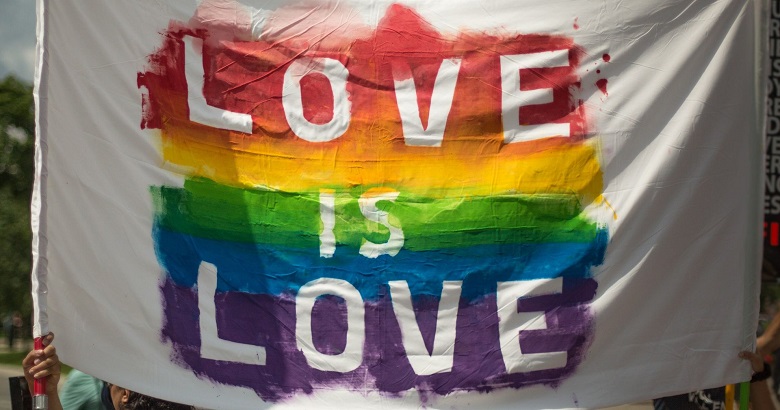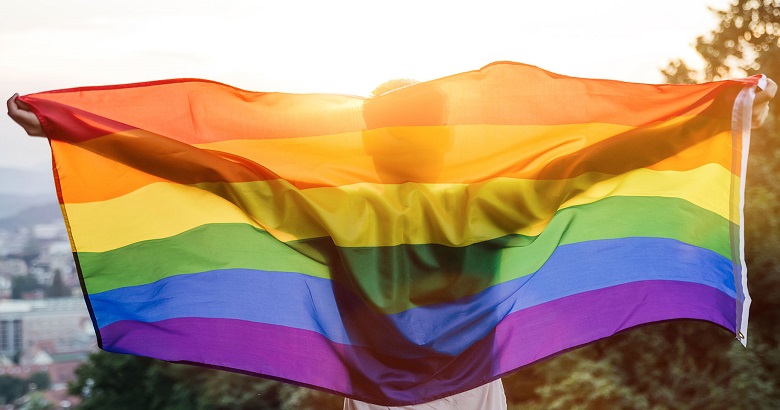
Personal freedom is a cornerstone of human dignity and a fundamental aspect of our lives. It allows individuals to express themselves, make choices, and pursue happiness without fear of retribution. For the LGBTQ+ community, personal freedom is particularly vital, shaping their experiences, identities, and futures. This blog post delves into how personal freedom influences the LGBTQ+ experience, highlighting its role in fostering acceptance, equality, and authentic self-expression.
Positive Influence of Personal Freedom for LGBTQ+ Individuals
Self-expression and Authenticity
Personal freedom allows LGBTQ+ individuals to express themselves authentically without fear of persecution or judgment. In societies where freedom of expression is protected, LGBTQ+ people have the space to live openly, embracing their sexual orientation, gender identity, and other unique aspects of themselves. This freedom is not just about legal recognition but also about personal and social acceptance, which can have a profound impact on an individual’s sense of self-worth and overall well-being.
For instance, many people in the LGBTQ+ community experience a sense of liberation when they can “come out” and live openly as themselves. This can lead to healthier relationships, both with themselves and with others, as they no longer have to hide or suppress who they are. Studies have shown that individuals who feel free to express their identities tend to have better mental health outcomes, including lower rates of depression and anxiety.
Legal Protections and Rights
In countries that prioritize personal freedom, LGBTQ+ individuals often benefit from legal protections that ensure their rights are respected. These protections may include laws against discrimination in employment, housing, and public services, as well as the right to marry, adopt children, and access gender-affirming healthcare. The legalization of same-sex marriage in many countries has been a landmark achievement in the fight for LGBTQ+ equality, allowing same-sex couples to enjoy the same legal rights and responsibilities as their heterosexual counterparts.
Furthermore, legal recognition of transgender individuals’ rights, such as the ability to change their gender markers on official documents, has been a critical step toward affirming their identities. Legal frameworks that protect LGBTQ+ individuals from violence, harassment, and discrimination contribute to creating safer and more inclusive environments where they can thrive.
Social Acceptance and Community Support
Personal freedom contributes to increased visibility for LGBTQ+ individuals, which can lead to broader societal acceptance. As LGBTQ+ people become more visible in media, politics, education, and other public spaces, their experiences and struggles become more familiar to the general population. This visibility helps to break down stereotypes and challenge negative attitudes, paving the way for greater understanding and empathy.
Additionally, personal freedom allows LGBTQ+ individuals to form and join supportive communities, both online and in person. These communities provide a safe space for individuals to share their experiences, find solidarity, and offer mutual support. LGBTQ+ community centers, social groups, and online platforms have become essential resources for those seeking connection and validation, particularly for individuals who may not receive support from their families or local communities.
Empowerment and Activism
Personal freedom often empowers LGBTQ+ individuals to become advocates for their own rights and the rights of others in the community. Activism within the LGBTQ+ movement has been a driving force behind many of the legal and social advancements achieved over the past several decades. From grassroots organizations to global human rights campaigns, LGBTQ+ activism has played a critical role in challenging discriminatory laws and promoting equality.
In societies where freedom of speech and assembly are protected, LGBTQ+ individuals have been able to organize Pride marches, protests, and awareness campaigns to raise the visibility of their issues. These efforts have not only led to legal reforms but have also sparked conversations about LGBTQ+ rights within broader society. The empowerment that comes from activism can be transformative, enabling individuals to reclaim their power and advocate for justice on behalf of themselves and others.
Challenges Created by Personal Freedom for LGBTQ+ Individuals

While personal freedom offers numerous benefits, it also presents challenges for LGBTQ+ individuals. These challenges stem from both external sources, such as discrimination and societal backlash, and internal struggles related to identity, mental health, and relationships.
Backlash and Discrimination
Increased visibility due to personal freedom can sometimes provoke a backlash from those who oppose LGBTQ+ rights. In some regions, religious, cultural, or political groups may view LGBTQ+ identities as a threat to traditional values or societal norms. This opposition can manifest in various forms, including hate crimes, social ostracism, and discriminatory policies.
Even in countries where LGBTQ+ rights are protected by law, discrimination can still occur in everyday life. LGBTQ+ individuals may face prejudice at work, in schools, or in public spaces, making it difficult to fully enjoy the benefits of personal freedom. This ongoing struggle for acceptance can take an emotional toll, particularly when individuals encounter hostility or rejection from family members or close friends.
Internal Struggles and Mental Health Challenges
While personal freedom allows for greater self-expression, it can also create internal struggles for LGBTQ+ individuals. Coming to terms with one’s sexual orientation or gender identity can be a difficult and sometimes painful process, particularly for those who have grown up in environments that stigmatize LGBTQ+ identities. Even in supportive settings, the journey to self-acceptance may be fraught with anxiety, confusion, or fear of rejection.
Many LGBTQ+ individuals experience mental health challenges related to their identities. Research has shown that LGBTQ+ people are more likely to suffer from depression, anxiety, and suicidal ideation than their heterosexual and cisgender peers, often as a result of discrimination, societal pressure, or internalized stigma. Access to mental health services that are affirming and knowledgeable about LGBTQ+ issues is essential for helping individuals navigate these challenges.
Navigating Personal Relationships
Personal freedom allows LGBTQ+ individuals to build relationships based on authenticity, but it can also complicate existing relationships. Coming out to family members, friends, or colleagues can be a delicate and emotional process, particularly for those who fear rejection or backlash. In some cases, LGBTQ+ individuals may lose relationships with people who cannot accept their identities, leading to feelings of isolation or abandonment.
Conversely, personal freedom can also lead to the formation of stronger, more meaningful relationships. When LGBTQ+ individuals are free to be open about their identities, they are more likely to attract people who accept and support them. Over time, this can lead to the development of closer, more fulfilling connections with friends, family, and romantic partners.
Legal and Social Inequality
While personal freedom may be a reality for LGBTQ+ individuals in some parts of the world, others continue to face severe legal and social restrictions. In countries with strict anti-LGBTQ+ laws, individuals can face imprisonment, violence, or even death for expressing their identities. These legal barriers not only restrict personal freedom but also create a climate of fear that prevents LGBTQ+ individuals from living authentically.
The disparity between countries that protect LGBTQ+ rights and those that criminalize LGBTQ+ identities highlights the uneven distribution of personal freedom globally. For many LGBTQ+ individuals, the struggle for personal freedom is far from over, and the fight for legal recognition and protection remains a pressing issue.
Final Thoughts
Personal freedom offers LGBTQ+ individuals the opportunity to live authentically, enjoy legal protections, and find acceptance within society. However, it also comes with challenges, including discrimination, internal struggles, and the ongoing fight for equality. While the benefits of personal freedom are undeniable, the path toward full acceptance and equality for the LGBTQ+ community remains complex and, in many parts of the world, far from complete. Personal freedom is both a gift and a responsibility, providing LGBTQ+ individuals with the tools to shape their own lives while continuing to advocate for a world where everyone can live without fear of persecution or judgment.
Frequently Asked Questions
1. How does personal freedom influence LGBTQ+ advocacy and activism?
Personal freedom plays an important role in empowering LGBTQ+ advocacy and activism. In societies where freedom of speech and assembly are projected, LGBTQ+ individuals can organize events like Pride marches, protests, and awareness campaigns to raise the visibility of their issues. This freedom allows activists to challenge discriminatory policies, lobby for equal rights, and push for legislative reforms. The empowerment derived from personal freedom enables LGBTQ+ individuals to reclaim their agency, become leaders within their community, and influence public opinion.
2. What impact does personal freedom have on the mental health of LGBTQ+ individuals?
While personal freedom allows LGBTQ+ individuals to express their identities openly, it can also create mental health challenges. Coming out and living authentically often brings relief and a sense of empowerment, but it can also expose individuals to societal rejection, discrimination, or hostility. These negative experiences can contribute to higher rates of depression, anxiety, and suicidal ideation among LGBTQ+ people compared to their heterosexual and cisgender counterparts.
3. How does personal freedom affect LGBTQ+ representation in media and public spaces?
Personal freedom significantly impacts LGBTQ+ representation in media and public spaces. In countries where personal freedoms are safeguarded, LGBTQ+ people can share their stories, experiences, and perspectives through various media outlets. Representation in film, television, literature, and social media has expanded significantly in recent years, helping to normalize LGBTQ+ identities and challenge harmful stereotypes.
4. In what ways does personal freedom create disparities between LGBTQ+ communities across different countries?
Personal freedom is not uniformly available to LGBTQ+ individuals across the globe, which creates significant disparities between communities in different countries. In progressive regions, LGBTQ+ people often enjoy legal protections, including the right to marry, adopt, access healthcare, and live free from discrimination. These freedoms allow individuals to thrive both socially and economically.
5. How does personal freedom intersect with cultural and religious values in the context of LGBTQ+ rights?
The intersection of personal freedom with cultural and religious values presents complex challenges for LGBTQ+ rights. In many societies, conservative religious or cultural beliefs may view LGBTQ+ identities as immoral or unnatural, leading to significant opposition to personal freedoms for LGBTQ+ individuals. This opposition can manifest in discriminatory laws, social ostracism, or even violence against those who express non-heteronormative identities.
